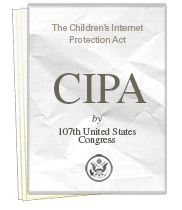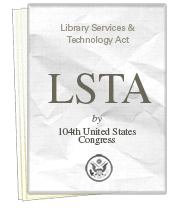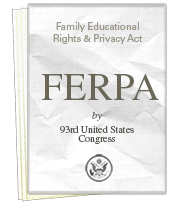 Sensitive data is displayed in various areas throughout the day, from administrative offices, to libraries and testing centers, and should be protected from prying eyes. Liability for exposure of confidential information can prove costly to schools and libraries. Deter test cheating by limiting the view to the user’s eyes only, and provide a safeguarded user experience with a privacy filter installed behind the monitor’s bezel. Ensure that users viewing inappropriate web content cannot affect or offend passersby.
Sensitive data is displayed in various areas throughout the day, from administrative offices, to libraries and testing centers, and should be protected from prying eyes. Liability for exposure of confidential information can prove costly to schools and libraries. Deter test cheating by limiting the view to the user’s eyes only, and provide a safeguarded user experience with a privacy filter installed behind the monitor’s bezel. Ensure that users viewing inappropriate web content cannot affect or offend passersby.


The Children’s Internet Protection Act (CIPA) went into effect on April 20, 2001 to address concerns about children’s access to obscene or harmful content over the Internet. The intent of this Act is to protect children from visually offensive and explicit content displayed on websites through the use of “technology protection measures.” What CIPA Requires:
Schools (K–12) and libraries subject to CIPA may not receive discounts offered by the E-rate program (a program available to eligible schools and libraries to make certain technologies affordable) and LSTA (Library Services & Technology Act) unless they certify that they have an Internet safety policy that includes technology protection measures. Technology protection measures must be employed during the use of computers by minors and must block or filter Internet access to pictures that are:
The Library Services & Technology Act (LSTA) became effective on October 1, 1996 as a federal library grant program with an emphasis on technology in all types of libraries (public, school, academic, and special). LSTA links libraries electronically and helps provide users access to information through state, regional, national, and international networks.
The Family Educational Rights & Privacy Act (FERPA) is a federal law that protects the privacy of student educational records and applies to all schools that receive funds under an applicable program of the U.S. Department of Education.
References
Children’s Internet Protection Act Guide - http://www.fcc.gov/guides/childrens-internet-protection-act
Library Services and Technology Act (LSTA) - http://www.ala.org/advocacy/advleg/federallegislation/lsta
Family Educational Rights and Privacy Act (FERPA) - https://www.ed.gov/policy/gen/guid/fpco/ferpa/index.html